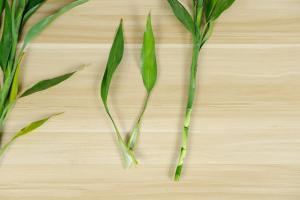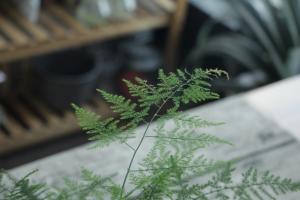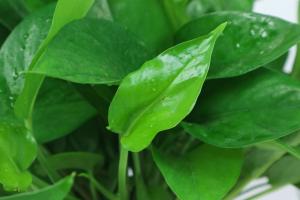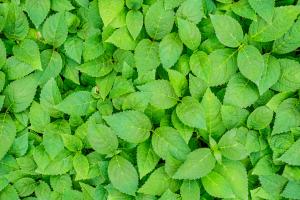Will Soapy Water Kill Vegetable Plants?
Using soapy water as a natural insecticide is a common practice among gardeners. But the question is, will it harm your beloved vegetable plants? Here's what you need to know:
The Science Behind Soapy Water as Insecticide
Soapy water works as an insecticide because it breaks down the insect's protective outer layer, causing it to dehydrate and die. Soap is also alkaline, which can neutralize the acidic secretions of certain insects, making it harder for them to cling to the plants.
Using Soapy Water on Vegetable Plants
While soapy water can be an effective natural insecticide, it can also harm your vegetable plants if not used properly. It's essential to use a mild soap solution, as concentrated soap can burn the leaves and stems of your plants. Always dilute the soap with water, and only use a small amount of soap per gallon of water. Also, avoid spraying the soapy solution on the flowers, as this can damage the pollinators.
When to Use Soapy Water as an Insecticide
Soapy water can be used as an insecticide throughout the growing season, but it's best to apply it during the early morning or late evening when the temperature is cooler. This helps prevent the soap from drying out too quickly, which can reduce its effectiveness. It's also a good idea to test a small area of the plant first to ensure that it's not sensitive to the soap solution.
Plants That are Sensitive to Soapy Water
While soapy water is generally safe for most vegetable plants, some plants are more sensitive to soap than others. Plants that have hairy leaves, such as tomatoes and cucumbers, can be more sensitive to soapy water than those with smooth leaves. It's also essential to avoid using soapy water on young or newly transplanted plants, as they may not have developed their protective waxy layer yet.
Conclusion
Soapy water can be an effective and safe insecticide for vegetable plants if used correctly. Always use a mild soap solution, dilute it with water, and spray only during the early morning or late evening. Remember to test the plant's sensitivity and avoid spraying the flowers. By following these guidelines, you can keep your vegetable garden pest-free without harming your plants.

 how many times do yo...
how many times do yo... how many planted tre...
how many planted tre... how many pine trees ...
how many pine trees ... how many pecan trees...
how many pecan trees... how many plants comp...
how many plants comp... how many plants can ...
how many plants can ... how many plants and ...
how many plants and ... how many pepper plan...
how many pepper plan...
































